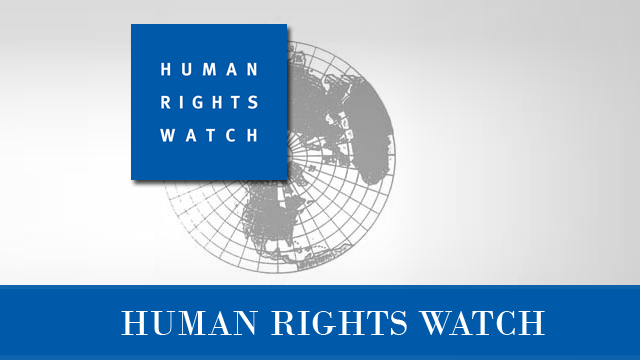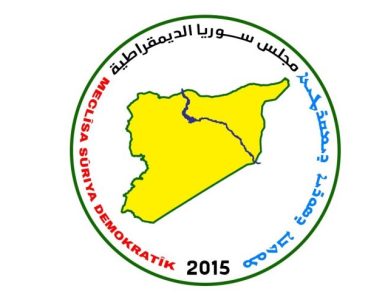Human Rights Watch, the international human rights organization, urged the Turkish occupation authorities to resume pumping water flowing from Al-Alouk station near the town of Sri Kanyie / Ras al-Ain, which is under Turkish occupation and its mercenaries.
In its report released today, Human Rights Watch said that the inaction of the Turkish authorities to ensure adequate water supplies for the regions of NE Syria is detrimental to ability of humanitarian organizations to provide vulnerable communities to protect them, in light of the spread of novel Coronavirus, which causes global Covid-19 epidemic.
Michael Page, deputy director of the Middle East division at Human Rights Watch, said:
“In the midst of a global epidemic that is burdening sophisticated systems of government and infrastructure, the Turkish authorities have cut off water supplies to the most vulnerable areas in Syria. The Turkish authorities should make their effort to resume the delivery of water to these communities immediately.”
The organization stated in its statement, quoting from humanitarian organizations operating in the region, that the alternatives to pumping water from Al-Alouk water station are insufficient and cannot cover the area, as well as the high cost and low quality of these alternatives are not subject to health standards as a result of transporting water by tanks.
Al-Alouk station serves more than 460,000 people in Al-Hasakeh Governorate, as well as the city of Al-Hasakeh, and three camps for LDPs. Turkey has been cutting water frequently since the beginning of the year, the last of which was on March 29.
Although there was no infection with Coronavirus in the areas of NE Syria, the health structure and infrastructure are weak and lack the required international support, and were further exacerbated after the Security Council prevented the mandate for aid to pass through Yarubiya crossing with Iraq in January, affecting supplies.This crossing border point was using by World Health Organization to supply NE Syria with health requirements.
Humanitarian organizations have carried out activities to raise awareness of handwashing practices due to limited options, but frequent water outages are hampering even their ability to encourage this procedure.




